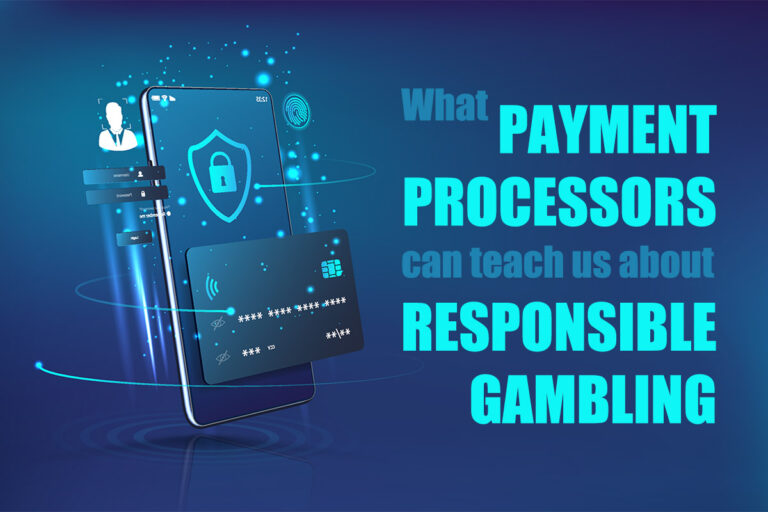
The International Gaming Institute (IGI) at the University of Nevada and Sightline Payments have teamed up to analyze payments, spot risky patterns, and support responsible gambling. Sightline provided data from nearly 100 million transactions across various gaming platforms. IGI researchers sought to use that data to categorize customers based on risk level.
The study concluded that 88% of customers showed no signs of harmful gambling behavior. The researchers identified the remaining 12% as potentially at risk and divided these into subcategories based on their activity.
What Did the Research Find?
In its research, IGI used data from multiple gaming platforms, including:
- Online casinos
- Mobile sports betting
- Parimutuel betting
- Lottery
- Cashless gaming at casinos
Researchers applied machine-learning algorithms to group customers based on their payment patterns. The variables they considered included:
- Frequency,
- amount,
- intensity,
- variability,
- and other factors.
Most customers demonstrated responsible gambling patterns, though these fell into two distinct clusters.
The 12% of gamblers identified as risky were split into three clusters:
- The largest group (8.4%) was characterized by infrequent withdrawals. These gamblers almost never cashed out winnings, with only one withdrawal per 58 deposits on average. Their transaction frequency, amount and variability were higher than the responsible gamblers but lower than the other two risk groups.
- The mid-sized group (2.5%) exhibited high intensity, with 15 deposits per week on average. The group also had the largest number of declined transactions, a clear red flag.
- The smallest group (1.2%) showed high variability in deposit sizes as well as frequent transactions. The frequency and variability in deposits and withdrawals suggest possibly unsustainable gambling behavior.
Dr. Kasra Chaharian, Senior Research Fellow at IGI and Sightline Co-CEO and Co-Founder Omer Satter both emphasized the significance of the research in developing solutions to identify and address problem gambling. Having identified these risk clusters, Sightline plans to use the findings to help reduce gambling harm to such players.
Responsible Gambling Is Becoming a Focus For More States
As legal gambling spreads across the US, metrics for problem gambling – such as the number of helpline calls – are also rising. Consequently, many states and organizations are advocating for the inclusion of more responsible gambling provisions in new legislation and further gambling expansions.
One such case is in Minnesota, where activists are urging the adoption of data-sharing practices to identify problem gamblers. The Minnesota Alliance on Problem Gambling asserts that this initiative will emulate the measures taken by states like New Jersey.
The Garden State has already implemented data sharing. New Jersey’s Responsible Gaming Initiative mandates that gaming operators monitor activities that may raise red flags. These include increased gaming time, setting multiple cooling-off periods, or accessing self-exclusion forms without completing them. When the system generates an alert, the site may display automated responsible gambling messages or, in more severe cases, trigger a human intervention by site staff.
In New York, gaming proponent state Senator Joe Addabbo, D-Ozone Park, has prioritized responsible gaming on his agenda this year. He emphasizes the need to prevent problem gaming and refers to it as “pre-addiction.”
Additionally, numerous states, including Virginia, are considering increasing funding for responsible gaming initiatives and re-evaluating their current policies.
Could Educating the Youth Be the Key?
With problem gambling on the rise, younger generations are especially vulnerable. A recent study found that young adults with gambling problems are 2.74 times more likely to commit suicide than those with such issues.
Many younger gamblers switch from video gaming to gambling and cannot recognize the difference or tell when to stop. That’s why many activists are calling for early gambling education. One such case is in Michigan, where state Sen. Joseph N. Bellino Jr. introduced a bill about K-12 gambling education.
Michigan is one of the states with legal online casinos, and if parents are not careful, they might give access to gambling to their children. Proponents of early gambling education say that teenagers’ and young adults’ brains are still developing and cannot control emotions or think as logically as adults.
Other activists and watchdogs have called for standardization of the gambling age. While all commercial casinos (including online casinos) require players to be 21, many tribal casinos across the US have set the legal age to 18. Parimutuel race betting is also 18+ under federal law. While proponents point out that it will benefit young adults, the proposition faces a significant backlash from tribal casinos and is unlikely to happen soon.





